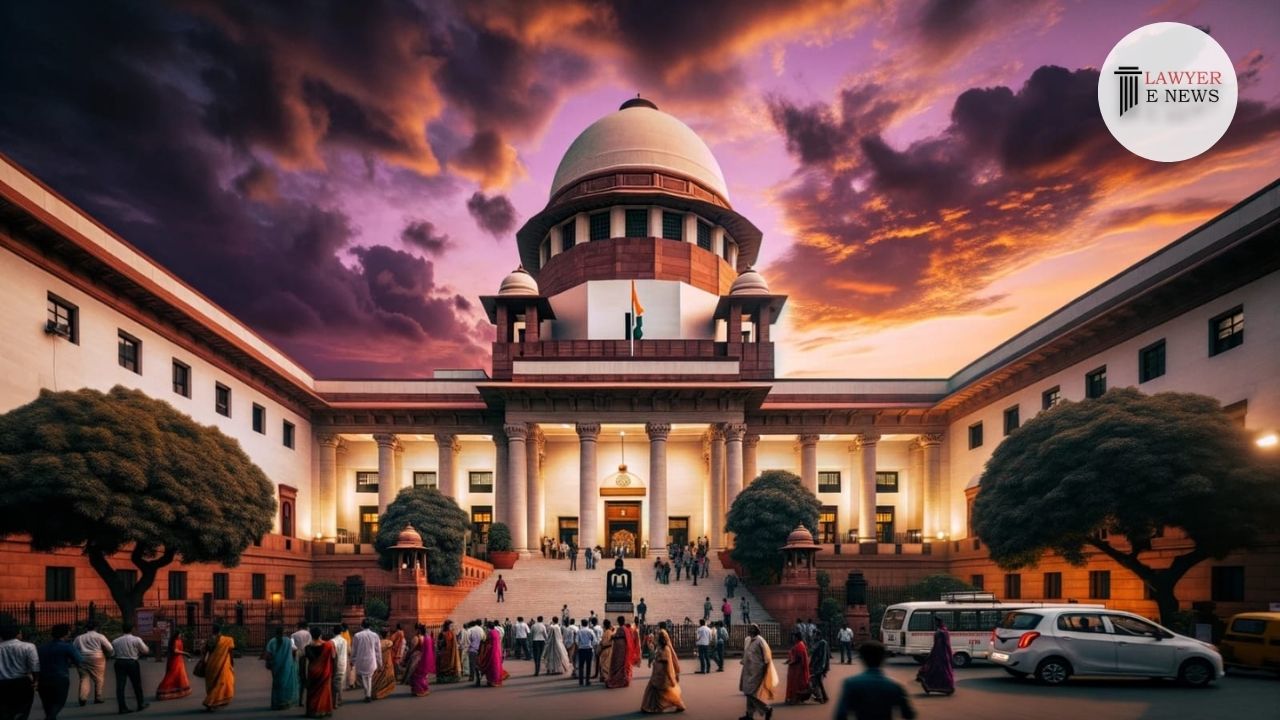-
by sayum
18 February 2026 10:41 AM



In landmark judgement on contempt of court , a bench comprising Justice J.B. PARDIWALA and Justice MANOJ MISRA of the Supreme Court in a contempt proceeding case, reaffirming the authority and dignity of the judiciary. The judgment highlighted that apologies should not be considered a universal panacea for contemptuous acts, emphasizing the need for sincere contrition and repentance.
The case revolved around civil contempt and the breach of an undertaking given by a counsel to the court. The court's decision shed light on several critical aspects of contempt proceedings, setting a precedent for future cases.
Definition of Civil Contempt: The judgment clarified the definition of civil contempt and its implications as per Section 2(b) of the Contempt of Courts Act, 1971. It underscored the breach of an undertaking given to the court by a counsel as a form of civil contempt. (Para 15)
Distinction in Undertakings: The court emphasized the distinction between undertakings given to parties involved in a case and those given directly to the court. It explained the legal consequences of these distinctions, particularly in the context of the Contempt of Courts Act, 1971. (Para 38)
Voidability of Transfers: The judgment discussed the court's authority to declare transactions void in contempt proceedings to preserve the majesty of the law. This highlighted the court's commitment to nullifying any benefits gained from contumacious conduct. (Para 68)
Third-Party Involvement: The court clarified that third parties, especially beneficiaries of contumacious transactions, have no standing in contempt proceedings. The focus remains on the relationship between the court and the contemnor. (Para 74)
Court's Discretion in Accepting Apology: The bench stressed that courts should not accept apologies as a matter of course. It highlighted the importance of rejecting apologies in cases of serious contemptuous conduct, emphasizing the need for genuine remorse and regret. (Para 99)
The judgment also referred to various legal precedents and established principles in the realm of contempt proceedings, underlining that apologies must be more than mere words and should reflect true contriteness. (Para 111)
This landmark judgment serves as a reminder of the judiciary's commitment to upholding the rule of law and the dignity of the court. It reinforces the principle that apologies, while valuable, should not be used as a legal strategy to evade accountability for contemptuous acts. The decision is expected to have far-reaching implications for future contempt proceedings in India.
Date of Decision: September 06, 2023
BALWANTBHAI SOMABHAI BHANDARI vs HIRALAL SOMABHAI CONTRACTOR
